
Radical Innovation, an award-giving platform that recognises game-changing ideas for the hospitality industry worldwide, has announced the 2018 finalists for its 12th annual edition.
The Radical Innovation competition was founded in 2007 by The John Hardy Group, a company that provides clients with counsel, leadership, creativity and accountability for hospitality development projects. The group is committed to driving and continually improving the industry by paving the way for new concepts.
Its jury is composed of hospitality and design experts, which include John Hardy, the president and CEO of the group. The Radical Innovation jury selects finalists based on creativity and design, as well as their potential feasibility and ability to impact the industry.
The three finalists are Aquaponic Experience Hotel by Varinot & Varinot Architectes (VVA) in Paris; Autonomous Travel Suite by Aprilli Design Studio in Los Angeles; and Le Colline Incantate by Network of Architecture (NOA) in Bolzano, Italy.
Aquaponic Experience Hotel
Professional Finalist
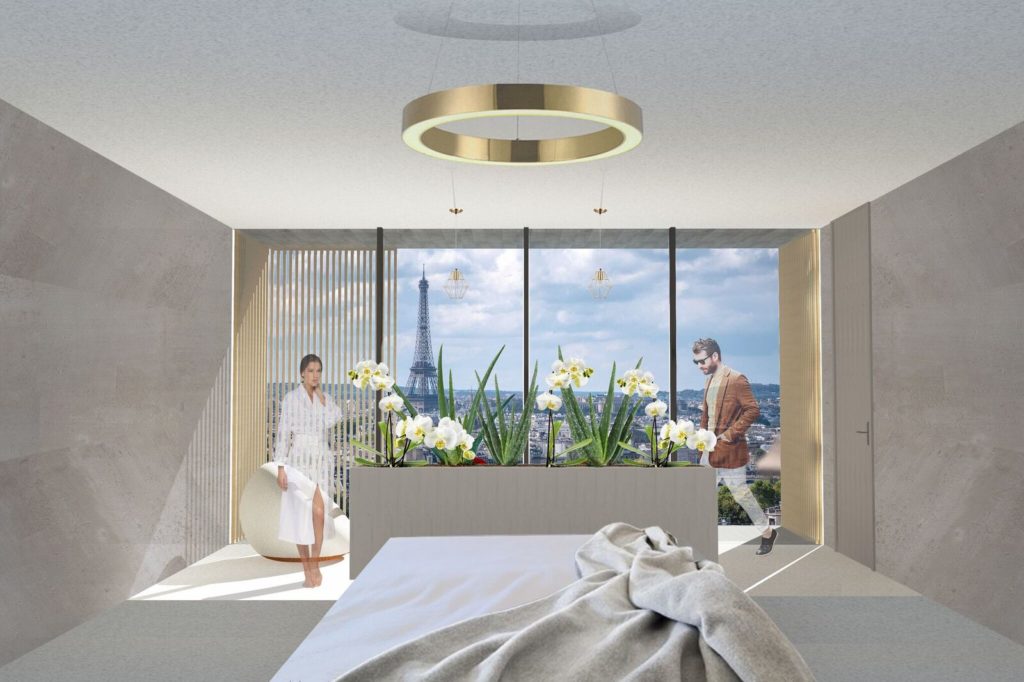
The Aquaponic Experience Hotel integrates an aquaponic system - a symbiotic system of aquaculture in which the waste produced by farmed fish supplies nutrients for plants grown hydroponically, which in turn purify the water.
Inspired by this concept, Varinot & Varinot Architectes created a hotel that is designed to mirror this closed, vertical system where rainwater is continuously recycled throughout the hotel. Not only does the ecosystem reduce water consumption, but it also produces efficient quantities.
The sustainable hotel offers fresh fruits, fish, and vegetables in the restaurant; flowers and herbs in the bedroom and seaweed to relax in the spa. The modular concept can be adapted to any city, depending on its individual needs and skyline restrictions.
Autonomous Travel Hotel
Professional Finalist
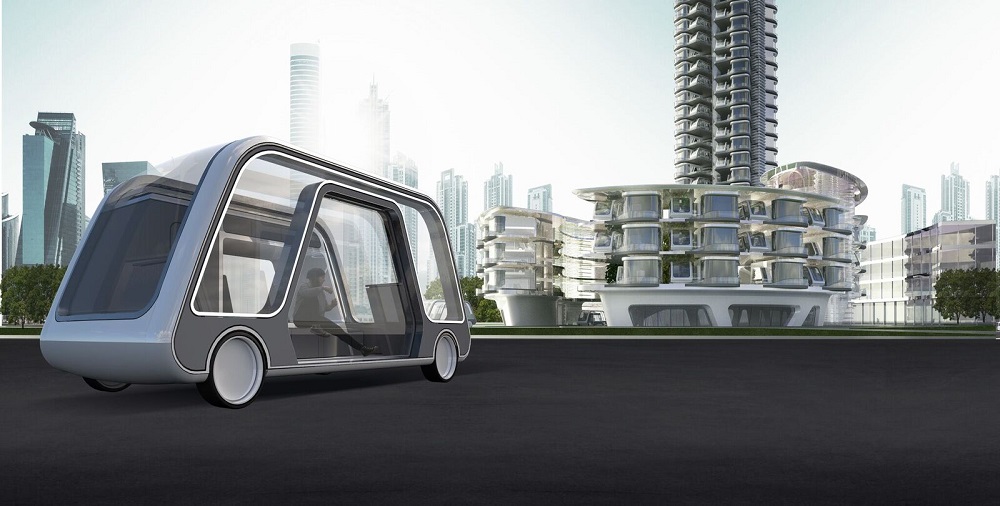
The Autonomous Travel Suite integrates transportation and hospitality through a driverless, mobile suite offering door-to-door transportation service in between a traveller’s home and destination. Within a compact hotel room environment, the suite is equipped with basic sleeping, working and washroom functions, allowing guests to be most efficient and productive while optimising travel time.
Operated and maintained by the Autonomous Hotel Chain, once scheduled online or via mobile app, a customised unit is delivered to the traveller’s door and taken to a local Autonomous Hotel docking facility at the traveller’s destination, where the unit extends into a larger parent suite. Acting as both a personal rental car and hotel room, The Autonomous Travel Suite provides both a new way of travelling and an extension of the conventional hotel experience, from the minute a traveller steps out of their home.
Le Colline Incantate
Professional Finalist
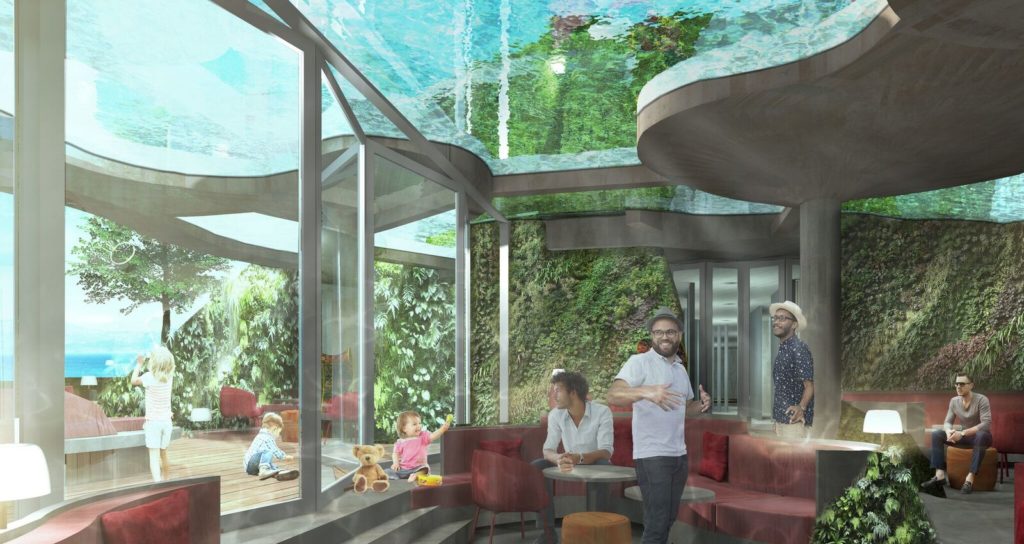
Intended to create a place of security and tranquillity within the hills of Northern Italy, Le Colline Incantate is a retreat for single parents and their children facing a new family situation.
The hotel provides its guests with comfort zones and protected spaces. Designed within its landscape, NOA decided to cover the entire structure with plants alongside waterways for distinct cross-ventilation that establishes a sustainable, comfortable, and consistent temperature throughout the complex without the need of thermal insulation.
The architects worked alongside a psychologist to develop a program with several therapeutic proposals including specific rooms for individual and group sessions, communal group activities, and thoughtful evaluation plans all within an inviting environment.
Student Winner and Honourable Mention
In addition to the three professional finalists, the jury also selected one student winner from among the student entries and one honourable mention. This year’s student winner is Room Extension Solution (RES) by Daniel Cryszczoń and Michał Witalis of Poland’s Cracow University of Technology. Receiving the honourable mention is the Floating Hotel concept submitted by Dinh Tam from the Ho Chi Minh City University of Architecture in Vietnam.
Room Extension Solution (RES)
2018 Student Winner
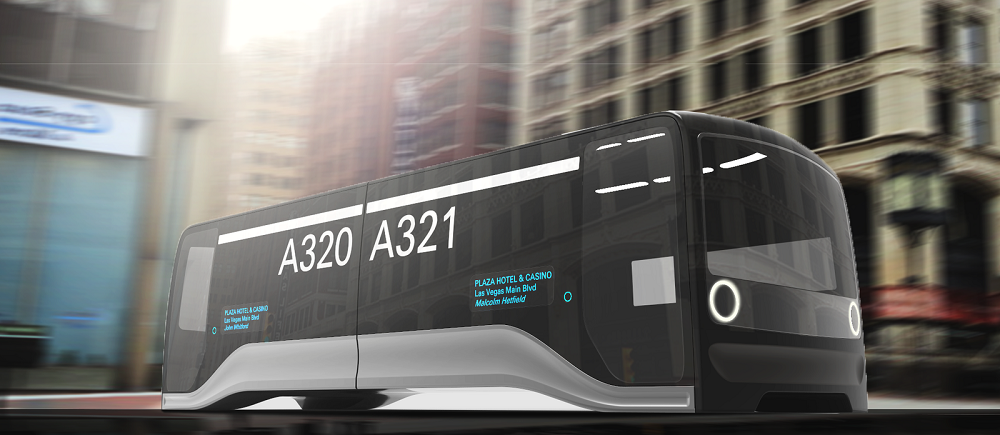
Utilising autonomous vehicle technology, RES is a new concept that acts as a hotel room’s extension focused on optimising travel time, navigation, comfort, safety, and efficiency.
After stepping off of a flight, travellers will be met at arrivals with a quick check-in service for RES. Inside the mobile hotel room, guests will find a full-size bed, ample storage space for luggage with cabinets and small wardrobe, and a fully-operational bathroom en route to the hotel structure and docking stations. Until the passenger leaves the hotel, the vehicle is part of the overall room. Combining autonomous transport with hospitality has the power to redefine the way we travel around the world.
Floating Hotel
2018 Student Honourable Mention
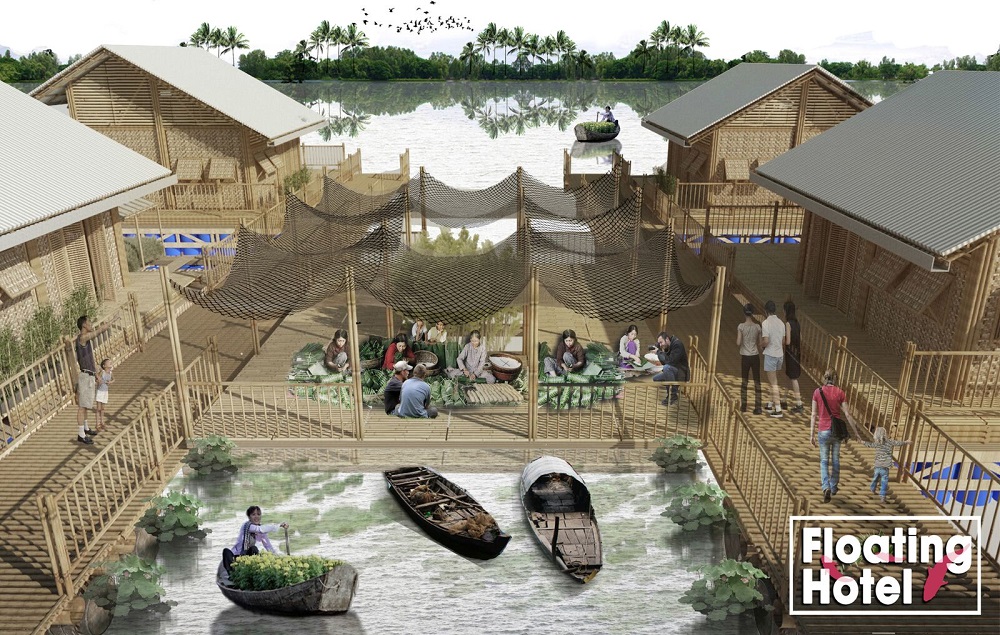
The Floating Hotel is built to encourage ecotourism. The model integrates local fishing culture and tourism in an eco-hotel. Equipped with fishing cages and efficient space for production, the hotel encourages its guests to experience and participate in farming first-hand. In a shared, sustainable, floating village, tourists and locals are joined to help develop services along the river community.
Winner Announcement
Winners of the competition will receive up to USD 10,000 to help realise their concept. Finalists will be flown to New York City to compete on the Radical Innovation stage, to be held at the New Museum on 3 October 2018.




















